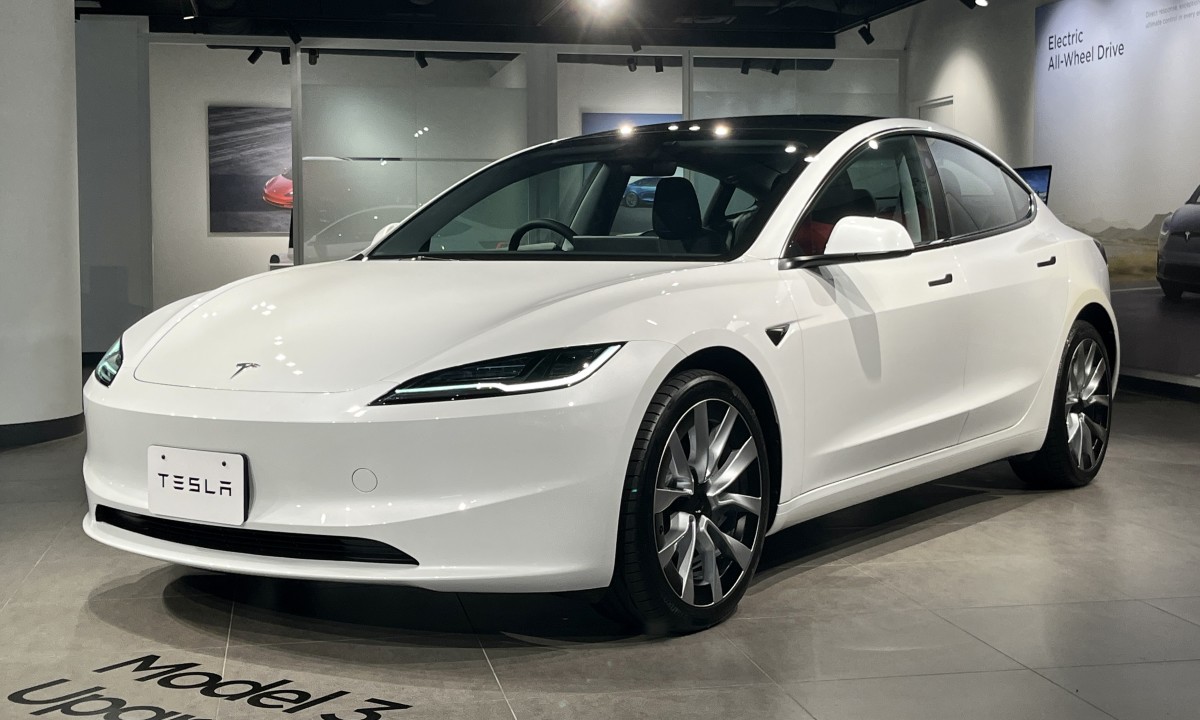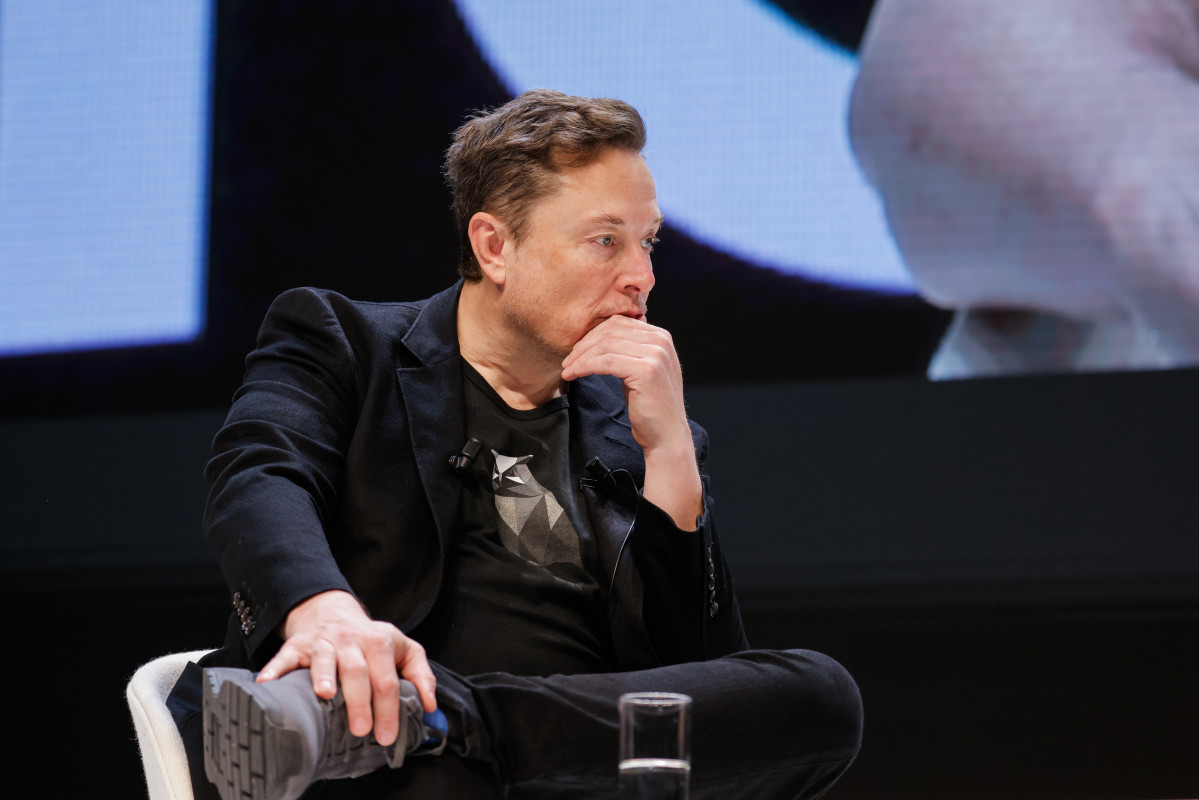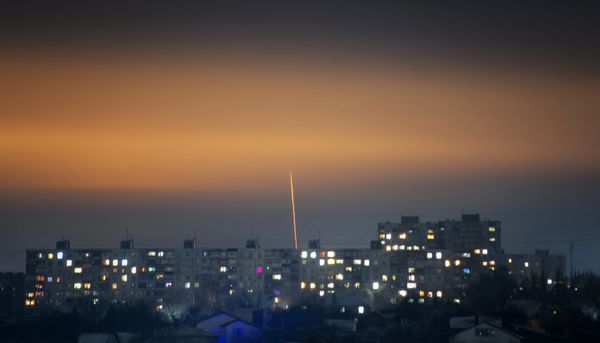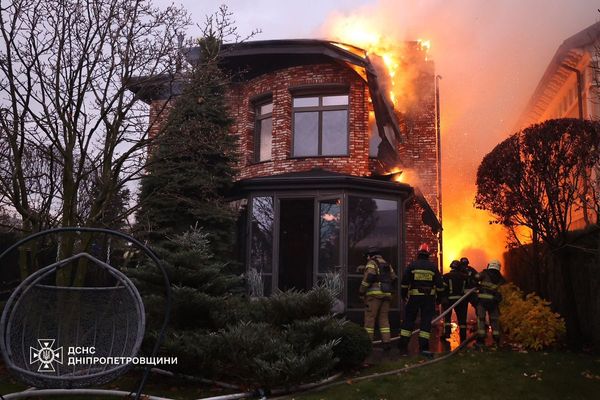
If you spend a lot of time on Elon Musk's social media platform, X, you will be more than able to find the billionaire mogul singing the praises of another notable company he owns: EV giant Tesla (TSLA) .
In internet lingo, he is known as a "reply guy," an avid social media user who can often be found in the comments or replies of posts made by people with large followings. Elon, in particular, can be summoned whenever Tesla, its cars, or its technologies are the topic of conversation.
However, Musk's fixation on social media and the public perception of Tesla may be doing more harm than good, as a new report finds that his chase for social media clout has taken a new extreme with a piece of technology considered his golden goose.
Related: Lawsuit alleges Hyundai pressured dealers to play dirty sales tricks

The emperor's new software
In a recent report from Business Insider, sources within Tesla revealed that the company manipulated the effectiveness of its aptly named "Full Self-Driving" and Autopilot technologies to work much more effectively with the CEO and a cohort of other Musk-friendly influencers behind the wheel.
The sources claim that data annotators, the Tesla employees tasked with reviewing clips gathered from the onboard cameras of Tesla cars, were told to prioritize two particular groups of footage — those from Elon Musk's cars and a select set of designated "VIPs."
Several of these annotators noted that they were tasked with giving special attention to routes along areas frequented by the Tesla CEO. These routes included the roads in and around facilities owned and operated by Tesla, SpaceX, X's headquarters in San Francisco and the roads that went in and out of the driveway of his $32 million mansion in Hillsborough, California.
With the software seemingly "tailor-made" for Musk's frequently traveled routes, one former Tesla employee told BI that they felt the work they were tasked with shifted Musk's perception of the software.
"It seemed like we were purposely making his car better to make Autopilot look different than it was. It felt dishonest," they said.
Curating an image
Tesla employees also pointed out that the company was heavily fixated on routes traveled by those who could influence the general public's perception of Full Self-Driving.
In the report, Tesla was aware of content creators who made videos about their experiences with the FSD Beta, going as far as creating a system that prioritizes data collected from drivers most likely to share their experiences online. Internally, these customers were called "VIPs," with their data given priority for review.
"We would annotate every area that car regularly drove in," a former Tesla employee said. "We'd hone in on where they lived and label everything we could along that route."
Former Autopilot analyst and test driver John Bernal noted that special attention was given to those who posted their experiences on YouTube. He told BI that special consideration was given to a former YouTuber named Raj Balwani, or Tesla Raj after he posted a video of Tesla's Full Self-Driving acting funny on the notoriously curvy Lombard Street in San Francisco.
To fix the issue, Bernal and a team of test drivers went to Lombard Street to conduct tests, which led to Tesla patching the problem. Tesla Raj told BI that Tesla never contacted him regarding his videos, but he considered the company's focus on online feedback to be positive.
"I think this just means that their teams are monitoring and are engaged in the areas that they need to be," Balwani said. "For most of what I've recorded and done since I've had FSD, almost everything has been solved, which is pretty incredible."
More Business of EVs:
- Porsche and Mercedes diverge at EV crossroads
- A Fisker-type problem is affecting an automaker known for quality
- Police officer pulls over Waymo robotaxi, is greeted by no driver or passengers
However, not everyone with access to the internet could experience this level of attention with Full Self-Driving.
Electrek writer and Tesla owner Fred Lambert anecdotally backed up the discrepancies in his piece about the BI report, noting that he "found some significant discrepancies between videos from Tesla influencers, mainly in California, Musk's claimed performance of FSD Beta, and what and my friends have been experiencing in our Tesla vehicles, especially in Quebec and the Northeast."
Over on the Tesla Motors Club forum, this narrative holds true for many owners.
On a thread about the BI report, user diplomat33 said the article "explains why FSD works better for Elon and VIP Youtubers like Whole Mars than the rest of us."
User gsmith123 added, "community consensus has long been that FSD performs better in CA."
"Whether that's because of Tesla actively working on the top problems Elon encounters or they're just passively letting the higher volume of Teslas in CA influence their training doesn't matter to me," they said. "Congrats to everyone living in CA! Colorado is mediocre for FSD."
In a study published by YipitData and MooMoo Technologies in May 2024, roughly 2% of owners who tried Tesla's Full Self-Driving went on to buy the full version after their one-month free trial.
Additionally, Tesla is the subject of an investigation led by U.S. prosecutors into whether the electric automaker committed securities or wire fraud by misleading its customers and investors about the actual capabilities of its Autopilot feature.
Tesla Inc., which trades on the NASDAQ as TSLA, closed the session up 0.35% today, ending at $263.26 per share at market close.
Related: Veteran fund manager picks favorite stocks for 2024







